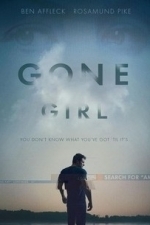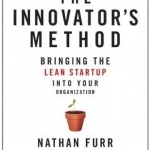
The Innovator's Method: Bringing the Lean Startup into Your Organization
Clayton M. Christensen, Nathan Furr and Jeff Dyer
Book
Have you ever come up with an idea for a new product or service but didn't take any action because...

Leon: Naturally Fast Food: Book 2
John Vincent and Henry Dimbleby
Book
'The dream is to bring really good food at a good price to as many people as possible. It makes LEON...
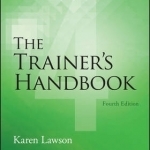
The Trainer's Handbook
Book
A ready-to-use toolkit for delivering high-value training in any scenario The Trainer's Handbook is...
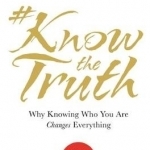
Know the Truth: Why Knowing Who You are Changes Everything
Book
Having gained major recognition as the only European to be named a SuperSoul 100 Teacher by Oprah...
Gareth von Kallenbach (980 KP) rated Gone Girl (2014) in Movies
Aug 6, 2019
With this in mind, I was concerned that there was no way this film could capture the dark side of the characters and the story being told. I am glad to say that I was wrong. While the typical statement of “the book is better” does apply here, director David Fincher crafts a film that audiences will be able to understand and fill in the blanks of the devious motivations of the characters based on what is seen on screen. This is a refreshing theater experience as I feel that most novel adaptations often lead to lazy filmmaking that assumes the audience is familiar with the source material. Perhaps Fincher is helped by the fact that Gillian Flynn herself wrote the screen adaptation of her novel, keeping the most important elements in play.
Ben Affleck plays Nick Dunne, an introspective “nice” guy who finds himself the primary suspect in the missing persons/murder investigation of his wife Amy, played by Rosamund Pike. The two shine in their performances. They each took their characters from the pages of the book, breathed life into them and embodied Nick and Amy on screen. Combine them with a strong supporting cast of Carrie Coon, Kim Dickens, Neil Patrick Harris and Tyler Perry, who gave performances that were neither lost nor forgettable. This is important as each are needed to provide contrast to the main characters and propel the story forward.
Though this film is not perfect, if there is any one gripe I have about this movie, it’s that a simple line of missed dialogue may cause the theater patron to miss something important to the story, such as the significance of the woodshed. However this is a small gripe as I feel that the pacing of the film and the constant advancement of the story will keep most patrons’ attention and keep them interested in the destiny of the characters.
If you are a reader, I would recommend reading the book first to get into the minds of the characters and truly feel the thrill of this story. However, if you haven’t the time or just don’t like to read, you won’t be disappointed with this strong film adaptation.
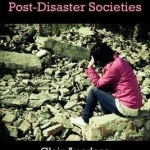
State Repression in Post-Disaster Societies
Book
A natural hazard is a physical event but a disaster is a social and political phenomenon. Natural...

Trolls: Poppy's Party - Read and Sing-Along Book
Book and Education
App
An all new bonding and learning activity based on DreamWorks Animation's TROLLS. A fun and musical...

Bizzy Bear Builds a House
Book and Games
App
Bizzy Bear is back! This is the second brilliant Bizzy Bear story app, based on the popular board...
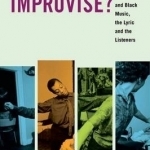
Who Can Afford to Improvise?: James Baldwin and Black Music, the Lyric and the Listeners
Book
More than a quarter-century after his death, James Baldwin remains an unparalleled figure in...

Controversies in Neuro-Oncology: Best Evidence Medicine for Brain Tumor Surgery
Alfredo Quinones-Hinojosa, Shaan M. Raza and Edward R. Laws
Book
In a rapidly changing field with many new discoveries, a book such as this is very valuable....
